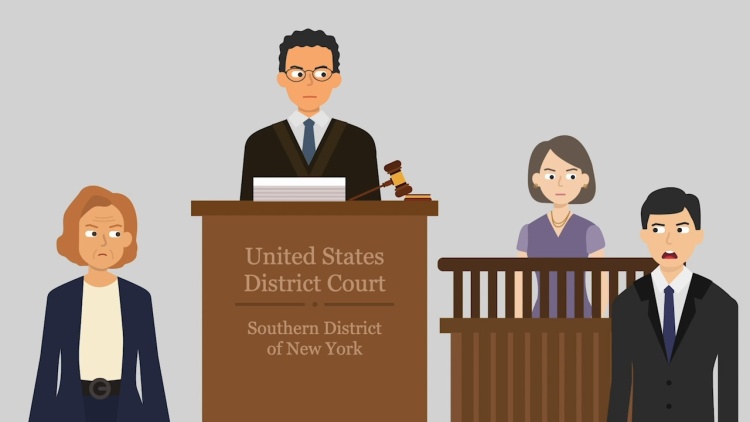United States v. Medical Therapy Sciences
United States Court of Appeals for the Second Circuit
583 F.2d 36 (1978)

- Written by Christine Raino, JD
Facts
Stanley Berman and his company, Medical Therapy Sciences (MTS) (defendants), were criminally charged for submitting false claims to Medicare. At trial, the government offered the testimony of Barbara Russell, an unindicted coconspirator and employee of MTS who worked closely with Berman and supervised the billing. Russell’s testimony indicated that Berman was aware that he was perpetrating Medicare fraud. During Russell’s direct examination, the government asked about her prior convictions for fraudulently obtaining amphetamines and she explained that she had developed an addiction to amphetamines and sought help after her second conviction. The government also asked Russell about accusations by Berman that she had stolen money and patients from him, which she denied. On cross-examination, counsel for Berman asked her pointed questions about the fraudulent nature of her prior convictions and Berman’s allegations that she had stolen patients from him to set up a competing business. The defense also had a witness testify that Russell suggested he steal from MTS and that he saw MTS equipment at Russell’s new business. On rebuttal, the government put on witnesses who bolstered Russell’s character and reputation for truthfulness. Berman and MTS were convicted and appealed the convictions to the United States Court of Appeals for the Second Circuit, asserting that the district court erroneously allowed the government to offer character evidence to bolster Russell’s testimony even though her veracity was not attacked. Berman and MTS argued on appeal that the cross-examination of Russell pointed out her bias, but did not constitute an attack on her veracity under Federal Rule of Evidence (FRE) 608(a).
Rule of Law
Issue
Holding and Reasoning (Moore, J.)
What to do next…
Here's why 905,000 law students have relied on our case briefs:
- Written by law professors and practitioners, not other law students. 47,100 briefs, keyed to 995 casebooks. Top-notch customer support.
- The right amount of information, includes the facts, issues, rule of law, holding and reasoning, and any concurrences and dissents.
- Access in your classes, works on your mobile and tablet. Massive library of related video lessons and high quality multiple-choice questions.
- Easy to use, uniform format for every case brief. Written in plain English, not in legalese. Our briefs summarize and simplify; they don’t just repeat the court’s language.





